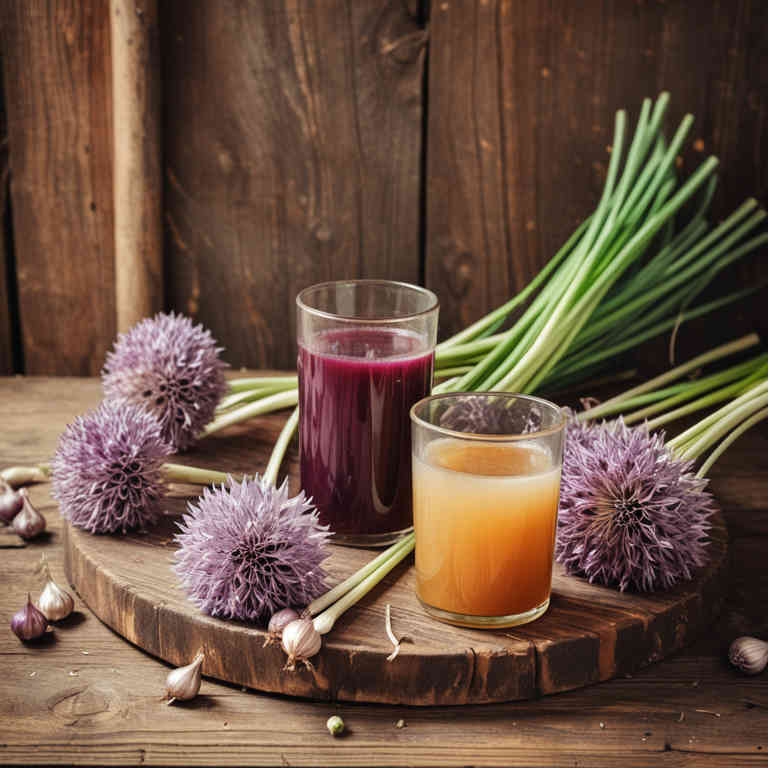Allium sativum juice for medicinal use

Allium sativum juice is a concentrated liquid extracted from fresh garlic cloves.
It is commonly used in herbalism for its potent medicinal properties. The juice contains bioactive compounds like allicin, which contribute to its health benefits. It is often employed to support cardiovascular health, reduce inflammation, and enhance immune function.
In traditional medicine, it is also used to treat respiratory infections and digestive issues.
Uses
Allium sativum juice has been used to treat a variety of health conditions for thousands of years.
Historically, it was valued in ancient civilizations such as Egypt, Greece, and China for its medicinal properties. Traditionally, it was used to aid digestion, reduce inflammation, and even as a natural remedy for infections. In modern times, scientific research has supported its use in boosting the immune system and potentially reducing the risk of certain diseases.
Today, it is commonly found in health supplements and is often used in culinary applications for its distinct flavor and potential health benefits.
Benefits
Allium sativum juice has health benefits such as reducing inflammation, supporting heart health, and enhancing immune function.
It contains potent antioxidants and sulfur compounds that help neutralize free radicals in the body. This preparation may also aid in lowering cholesterol levels and improving blood circulation. Additionally, it has been traditionally used to support digestive health and combat oxidative stress.
Its antimicrobial properties can contribute to overall wellness and disease prevention.
Constituents
Allium sativum juice active constituents include allicin, sulfur compounds, flavonoids, and amino acids.
These components contribute to its antimicrobial, anti-inflammatory, and cardiovascular benefits. Allicin is the primary bioactive compound responsible for many of its therapeutic effects. The juice also contains compounds that may support immune function and help lower cholesterol levels.
Regular consumption of Allium sativum juice has been associated with improved overall health and wellness.
Preparation
To make Allium sativum juice, start by washing and peeling fresh garlic cloves.
Crush the garlic cloves using a garlic press or a mortar and pestle until a paste forms. Squeeze the paste through a fine mesh strainer or cheesecloth to extract the liquid. Collect the resulting juice in a clean container.
Store the juice in the refrigerator and use it within a few days for best potency.
Side Effects
Allium sativum juice may lead to gastrointestinal discomfort, including nausea, bloating, and stomach pain, due to its strong compounds.
It can also cause allergic reactions in some individuals, especially those with sensitivities to garlic or other Allium species. Prolonged use may interfere with blood clotting, increasing the risk of bruising or bleeding. High doses could potentially affect liver function, though more research is needed to confirm this.
It is important to consult a healthcare provider before using Allium sativum juice, especially if taking other medications or having pre-existing health conditions.